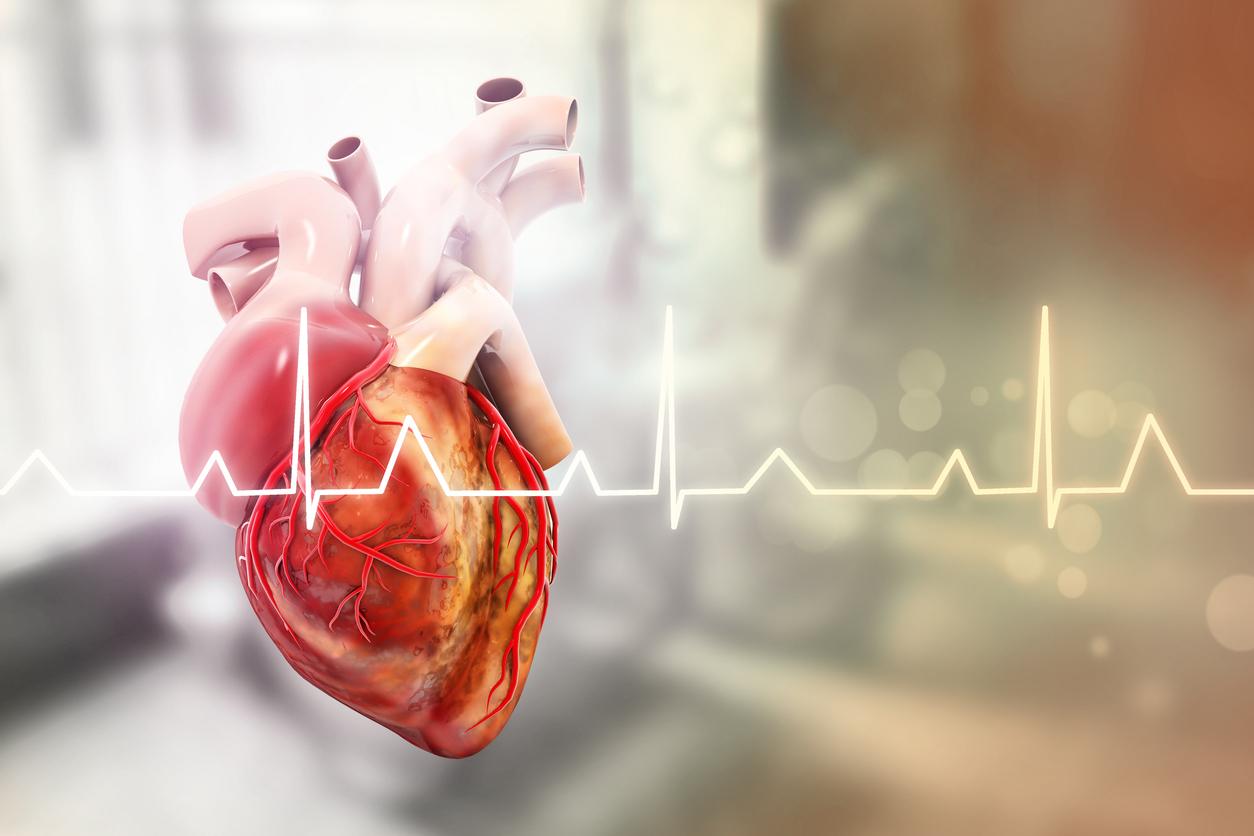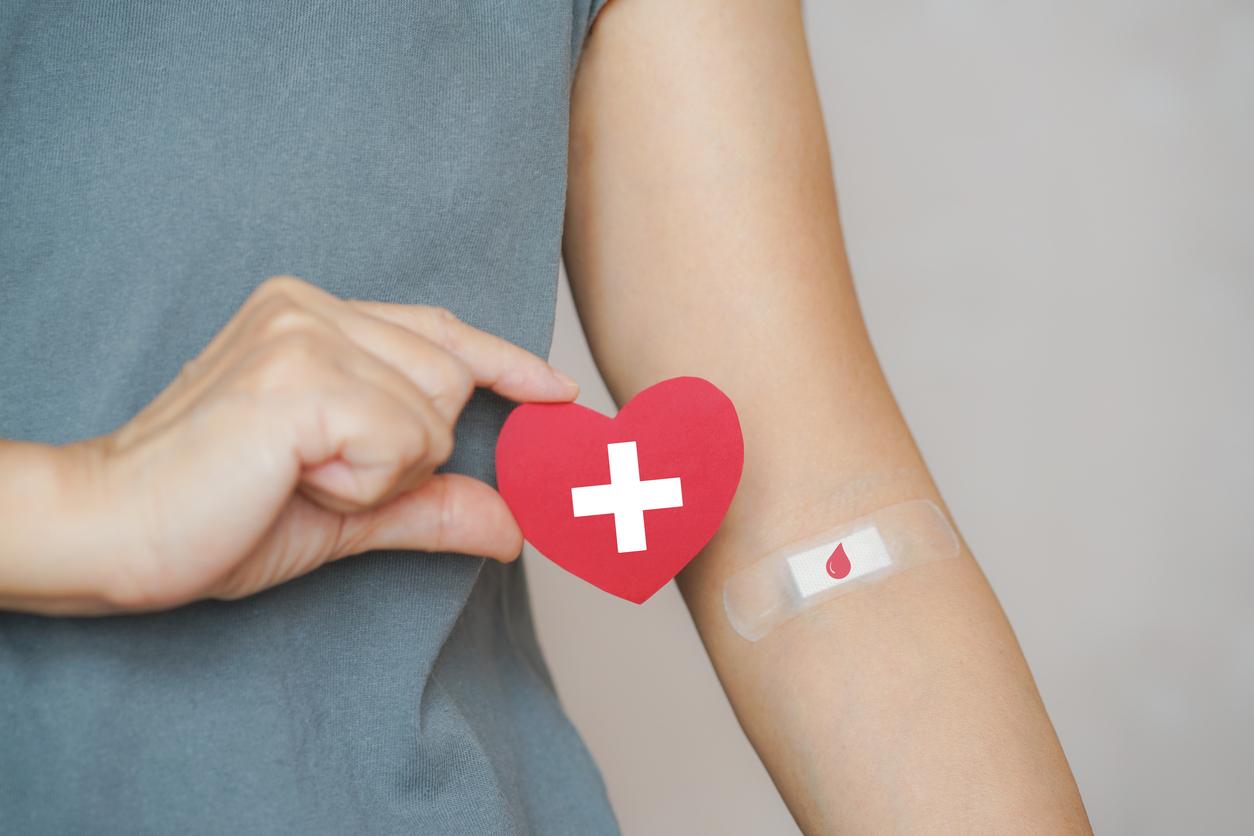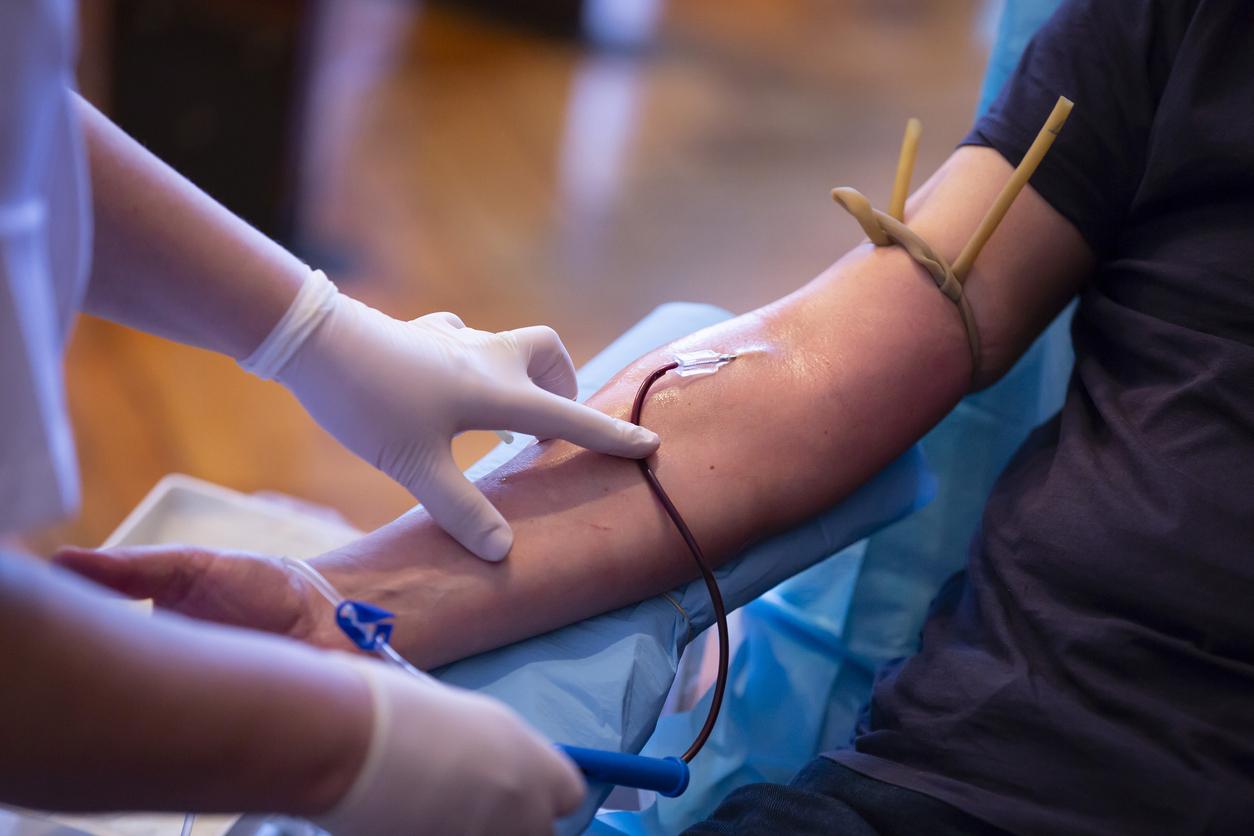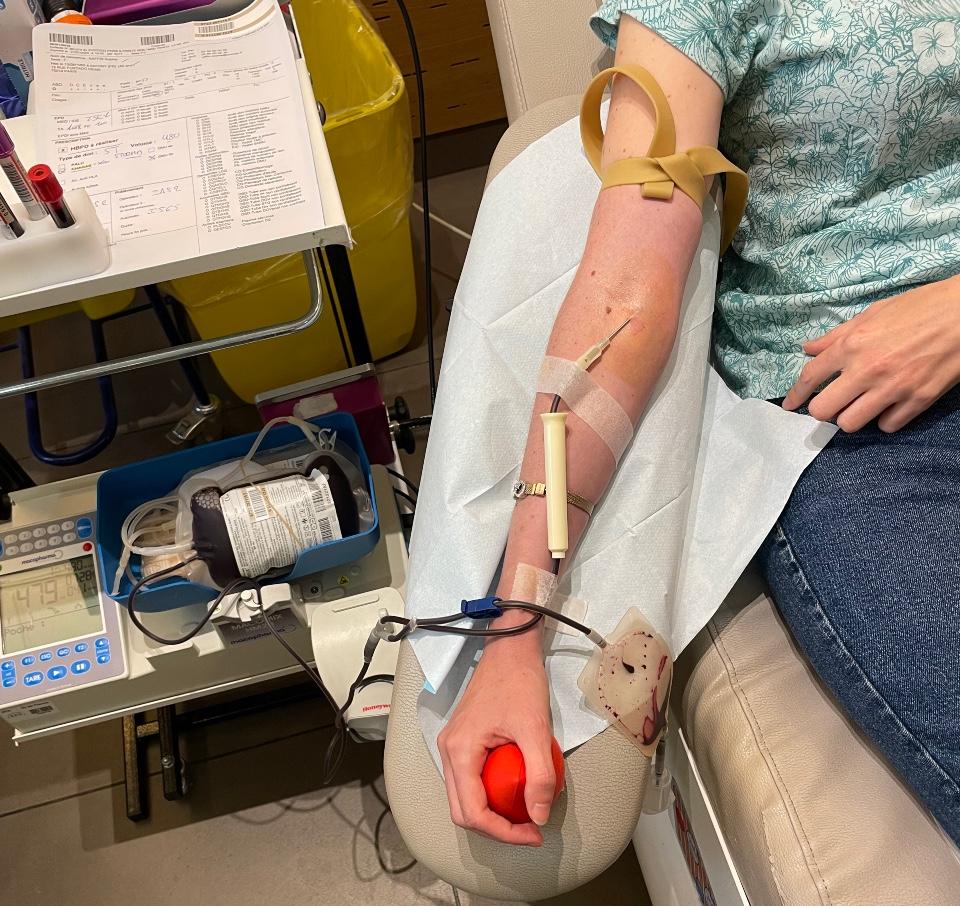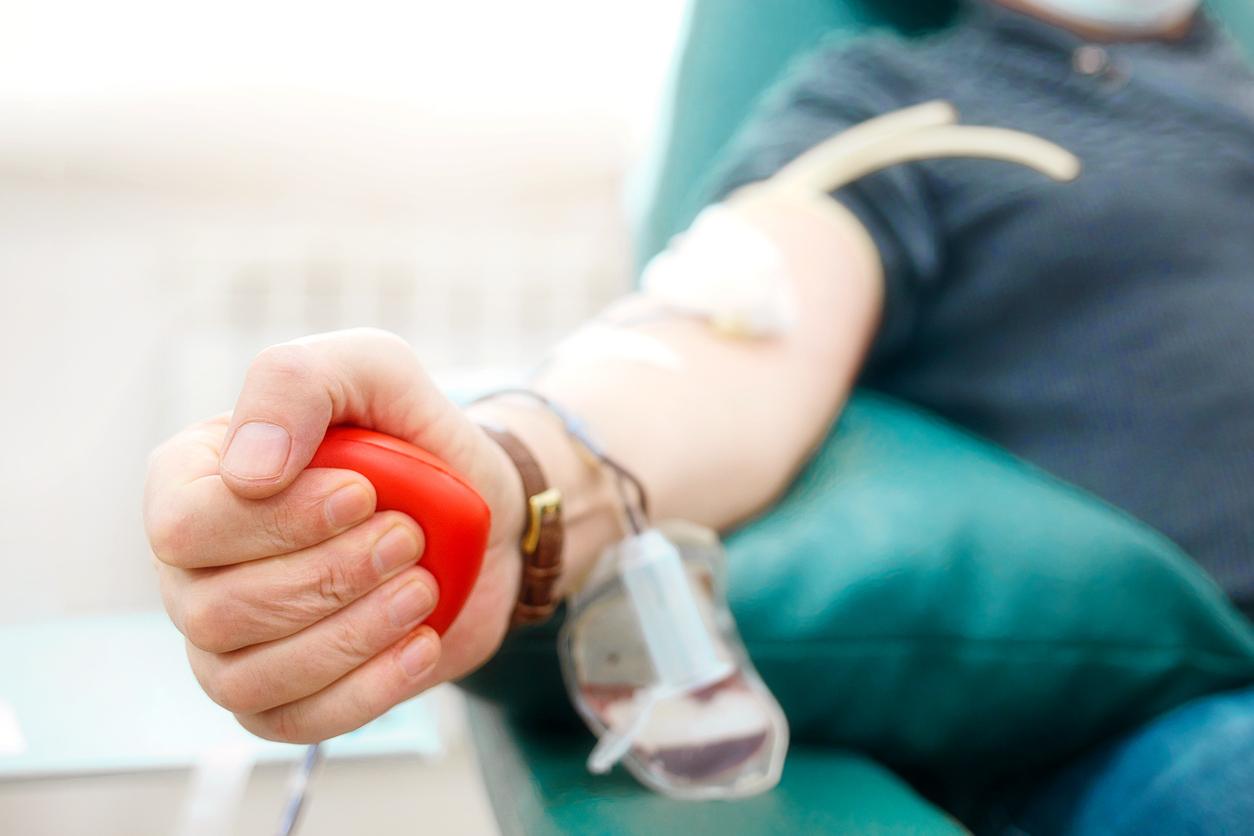The French Blood Establishment (EFS) “launches an emergency appeal and invites donors to move massively now”, the World Cup and the beautiful days having dangerously reduced the number of donations.
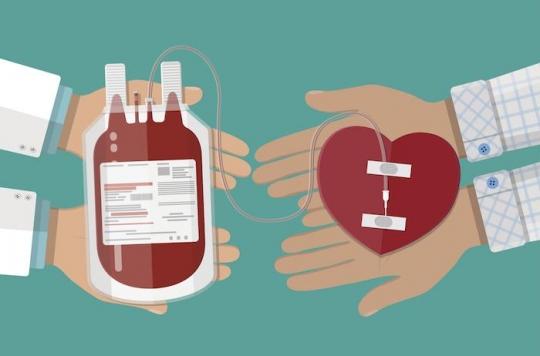
“Reserves are low,” alert the French Blood Establishment (EFS) on Tuesday. Captured by the World Cup and the hot weather, the French have forgotten the importance of donating blood.
Collections organized in seaside resorts
As such, the‘EFS is launching “a emergency call and invites donors to move massively from now on to fixed sites and mobile blood drives to donate blood and thus guarantee a satisfactory level of blood products to cover the needs of patients throughout the summer. ”Because donations must be regular The EFS reminds us that the lifespan of blood products is short (5 days for platelets, 42 days for red blood cells).
“10,000 blood donations are needed every day to meet the needs of patients and no product can replace the blood of voluntary donors.” The mobilization of the French is necessary, “every donation counts”, even during the holidays. “Events collections are organized everywhere in France and in particular in seaside resorts”, specifies the EFS, as well as in its 123 fixed sites. You can consult the different donation zones in click here.
In France, nearly a third of blood transfusions are performed in oncology departments, particularly for people with lymphoma or leukemia, diseases that directly affect the blood. In Brittany, 50,000 of the 144,000 annual blood donations are intended for cancer patients.
How do you know if you can donate blood?
Unlike other countries, such as the United States, blood donation in France is based on the principle of volunteering, like all organ donation. An ethical imperative, voluntary and free donation is also a health security: in countries practicing paid donation, it happens that some donors, motivated by the greed, lie during the interview prior to the donation. But if blood donation is a generous act, it is nonetheless framed by rules defined by a European directive, according to donor selection criteria common to all the Member States of the Union. In France, this directive is transposed in the form of a ministerial decree.
In practice, you must be between 18 and 70 years old, weigh more than 50 kg and be recognized as fit during the interview preceding the donation. After 60 years, the first donation is subject to the assessment of a doctor from the EFS. More specifically, men can donate blood up to 6 times a year and women up to 4 times, but there must be a minimum of 8 weeks between two donations. Contraindications related to acts of care, a state of health, personal practices, sexual, stays abroad or the taking of certain drugs and antibiotics are to be listed on the EFS website.
If a volunteer has a history of malaria, has undergone surgery in the last 4 months, has a blood infection (HIV, viral hepatitis …) has just had a tattoo, has traveled to an area where having had tropical diseases in the past 4 months, or had sex for money or drugs in the past 12 months, he will not be able to donate blood. This is to ensure the safety of donors and recipients.
.









